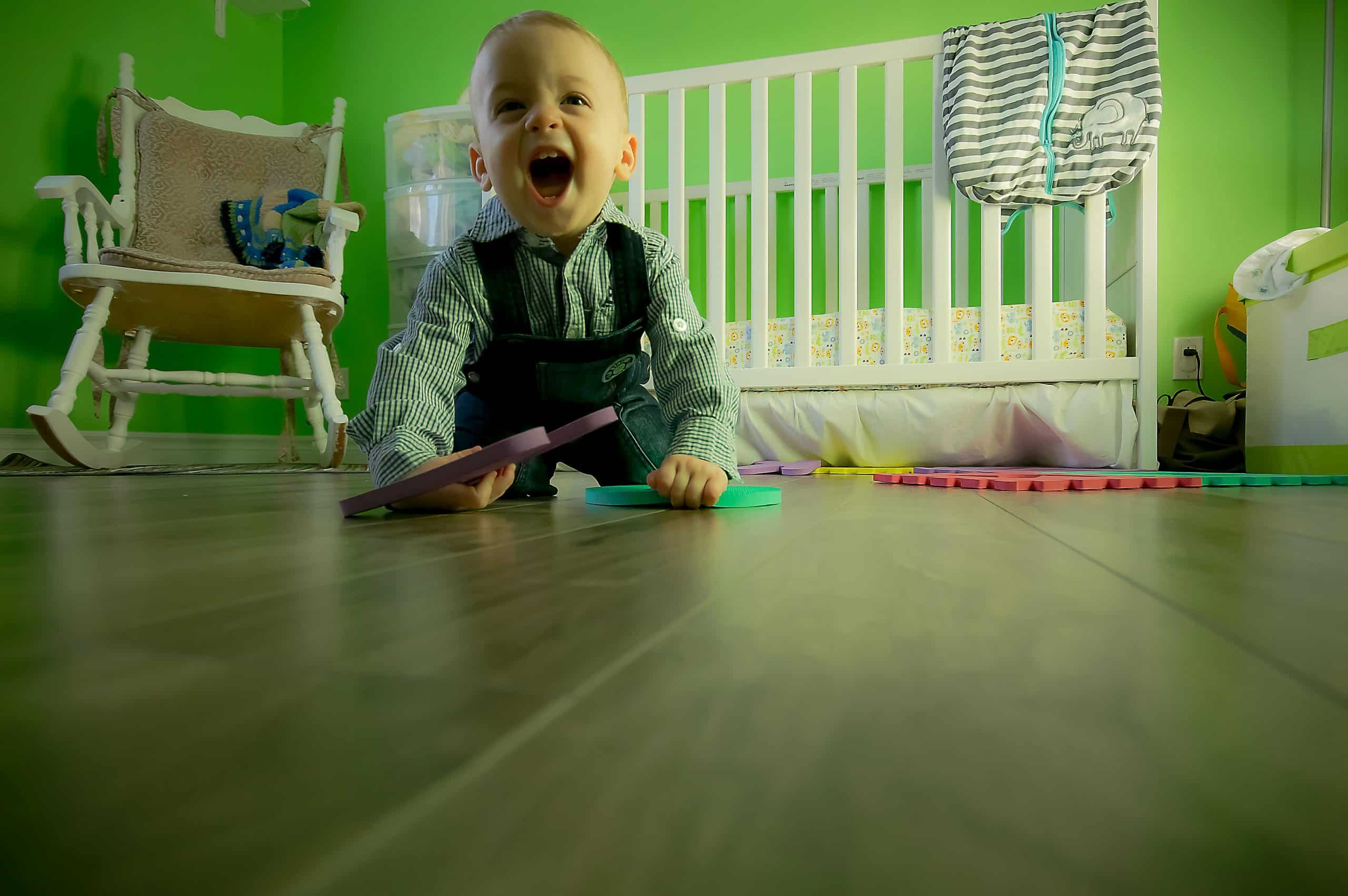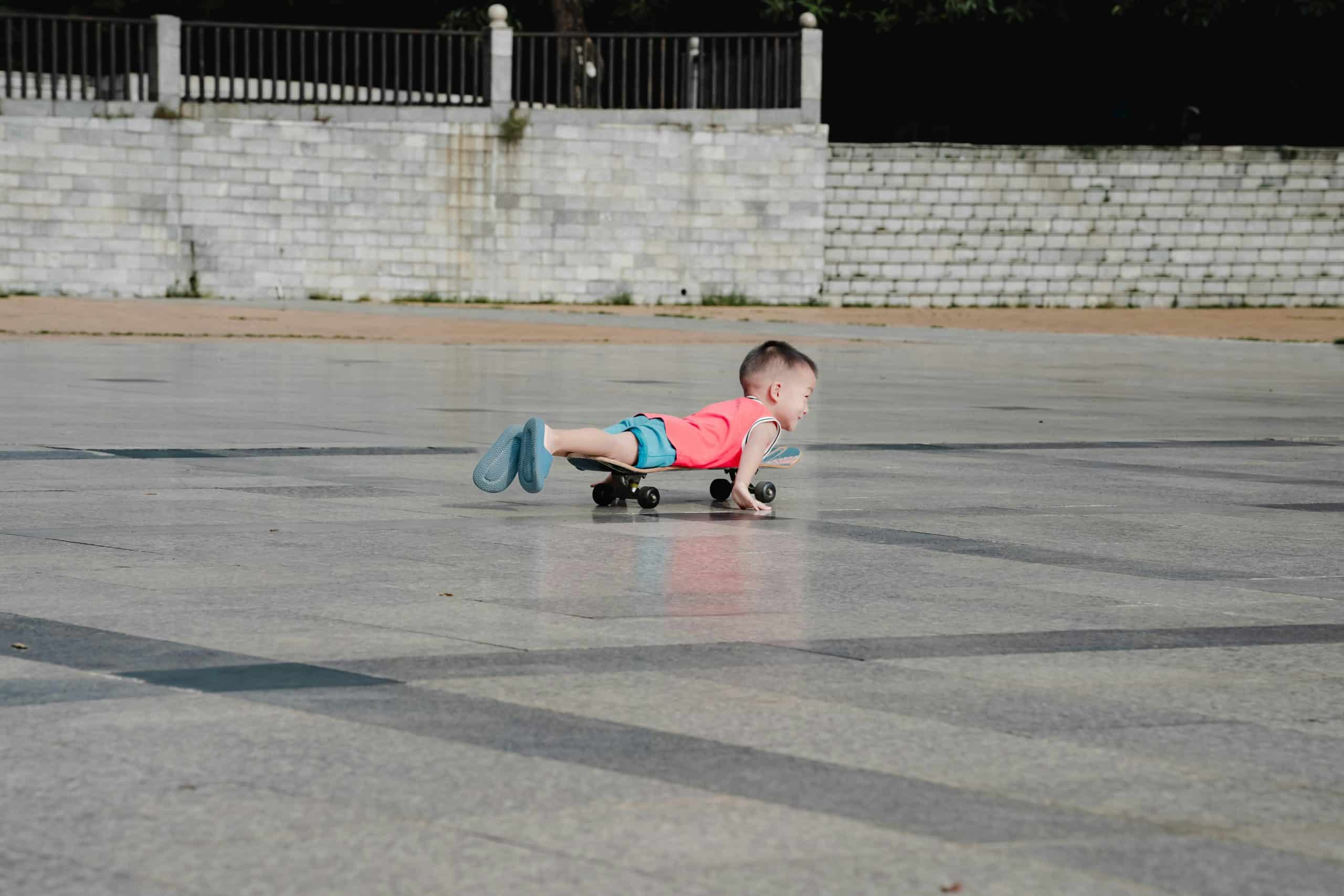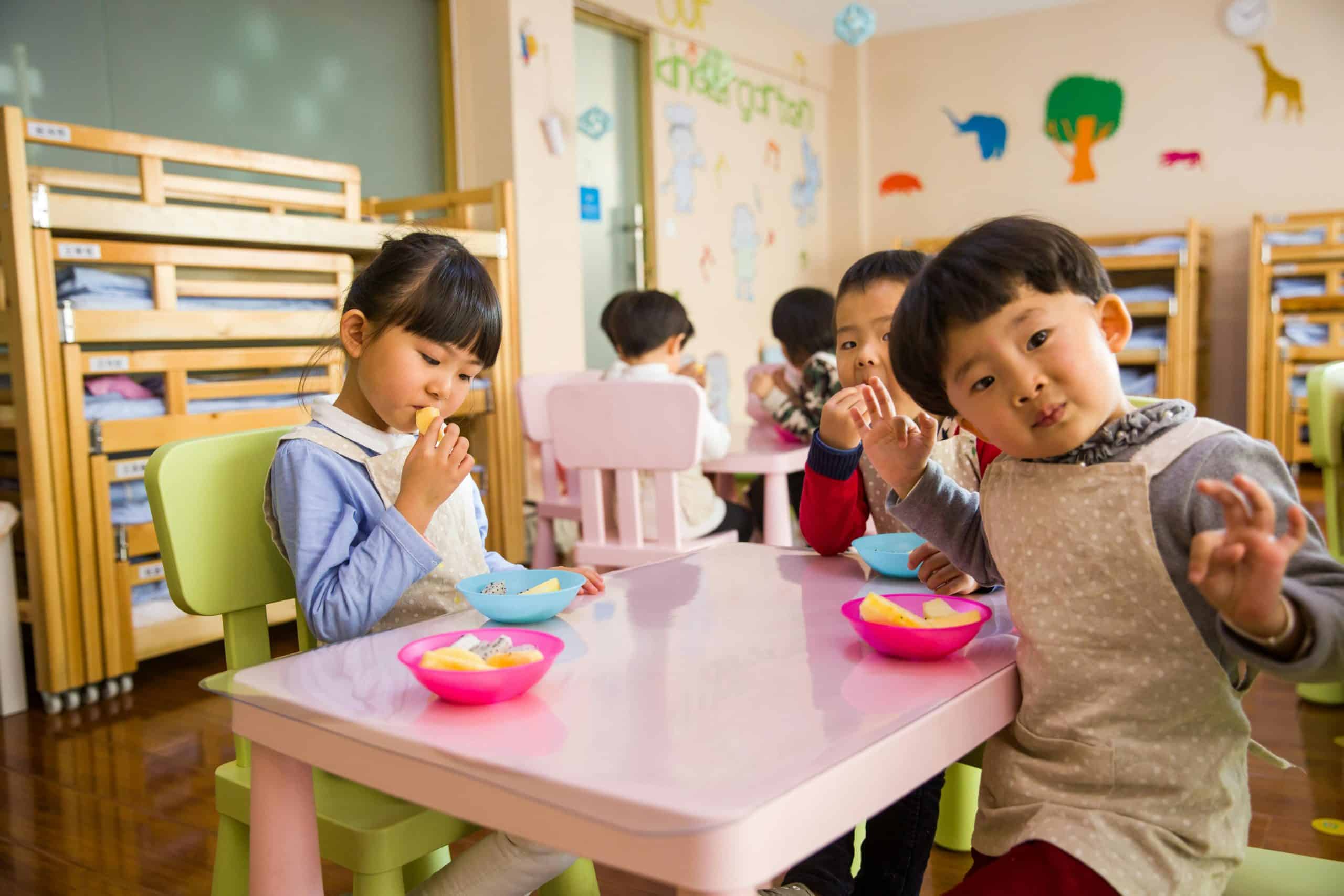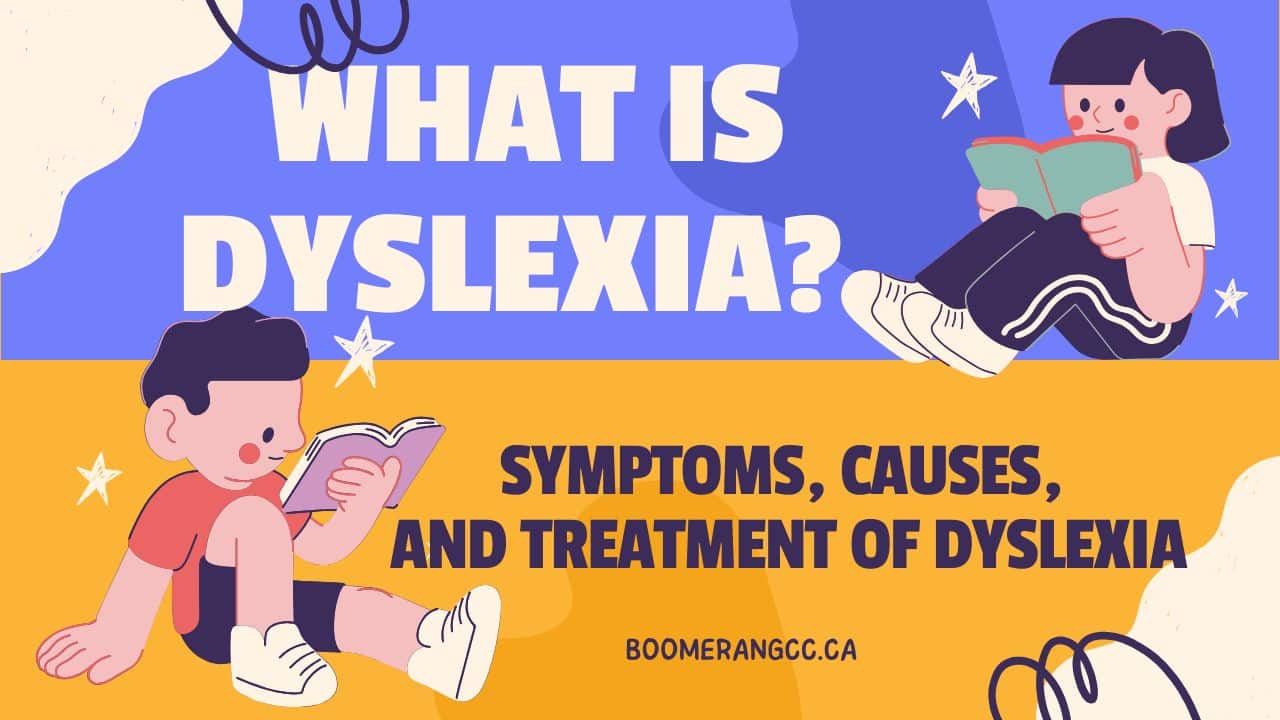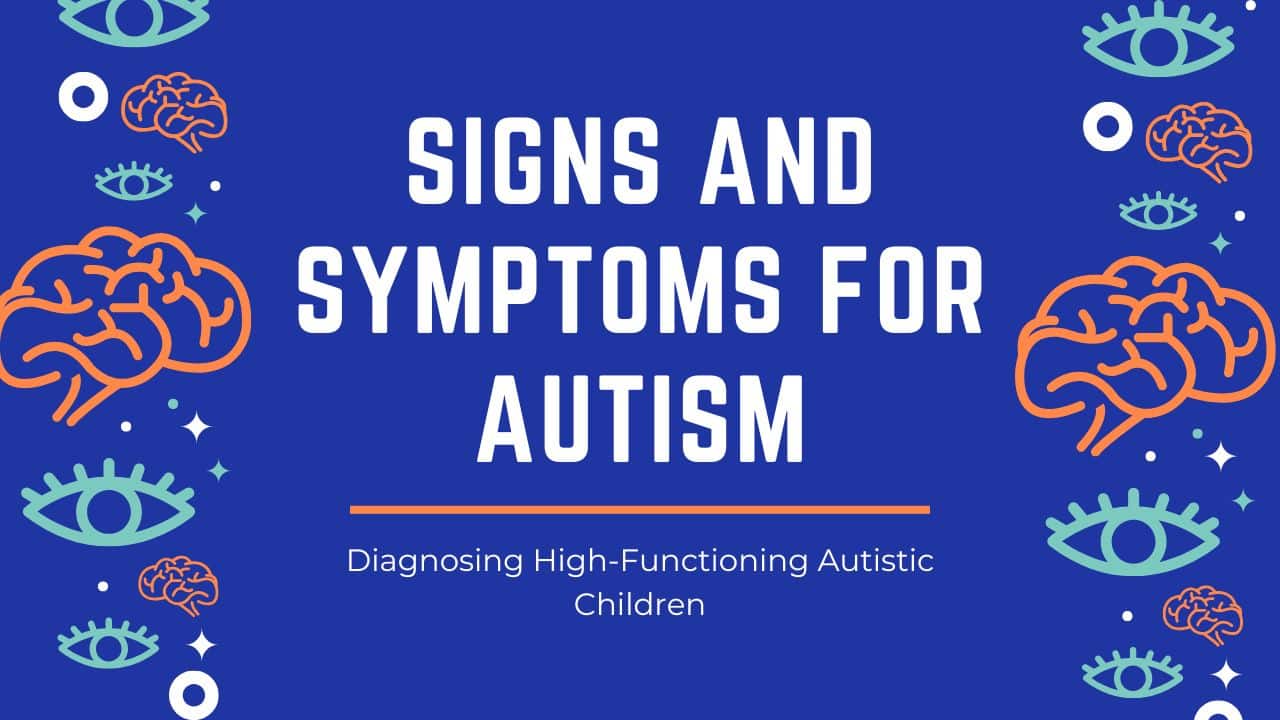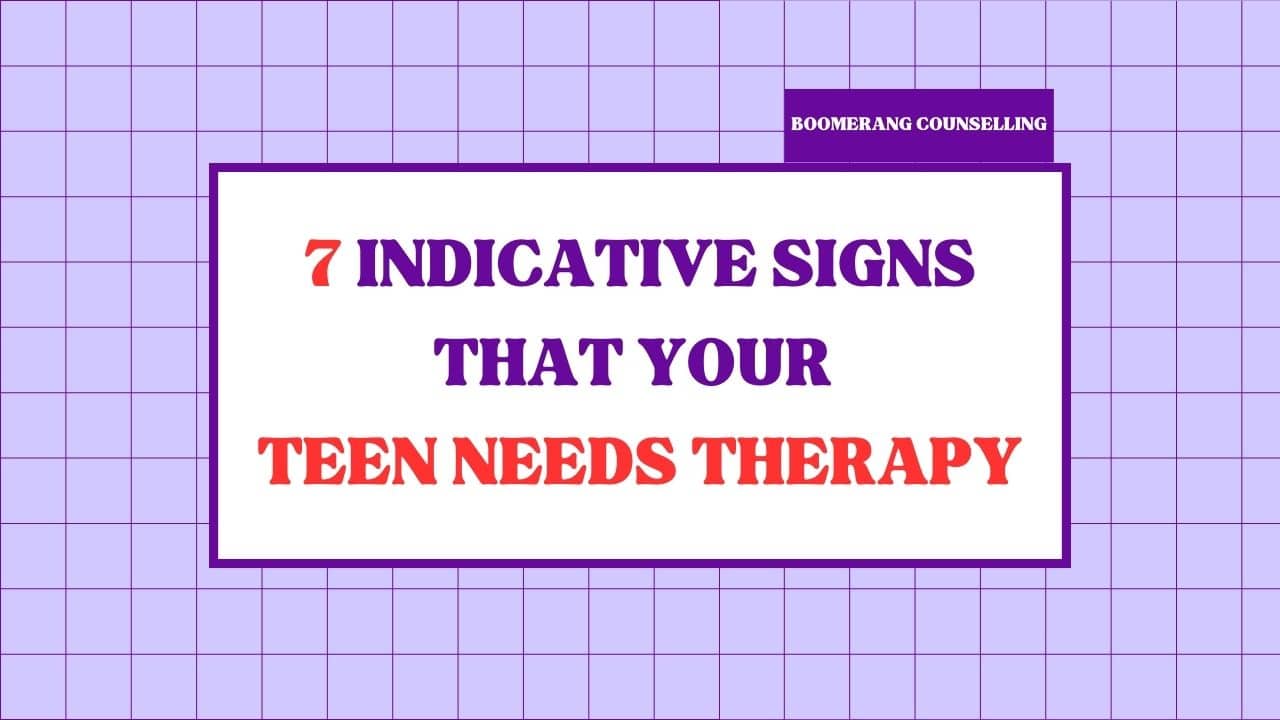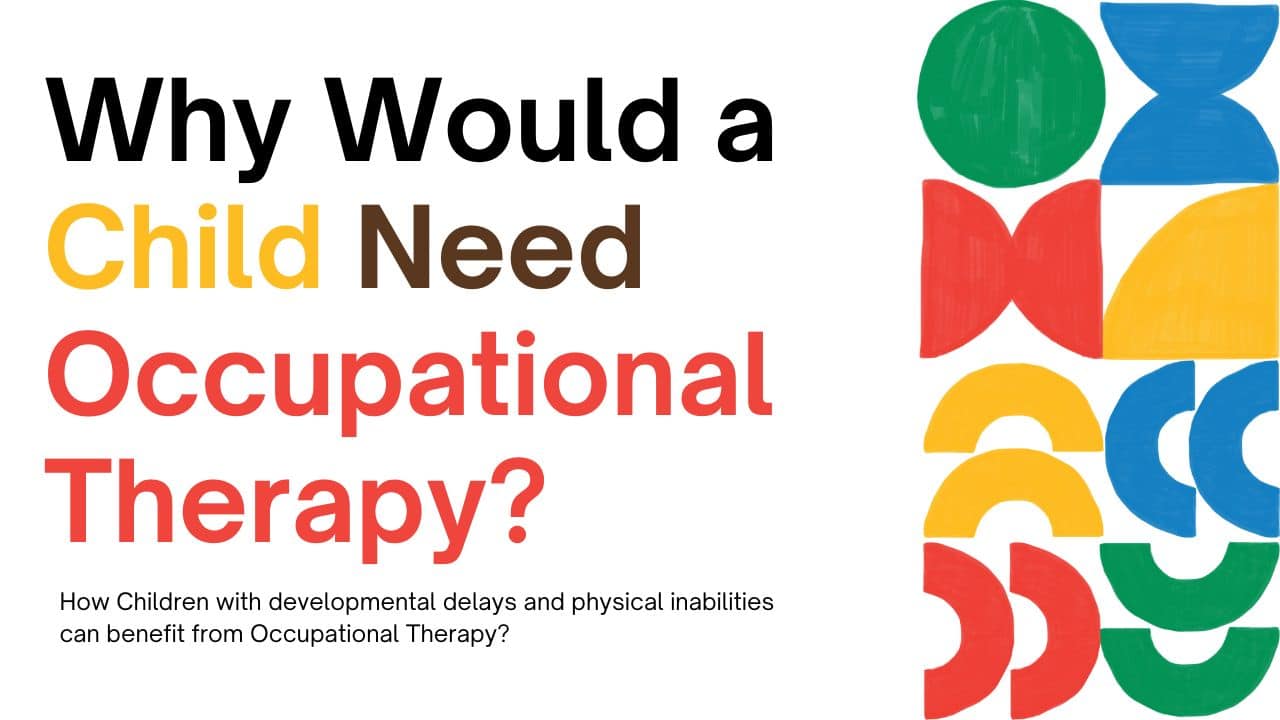Play therapy for kids is a child-specific therapy that involves play as a means of communication. A therapist engages with a child using fun tools such as toys, games, or through art. The concept is that the child expresses their inner thoughts and feelings, which are meta and connected to their real world, during play.
While engaging in a game or related fun activity, a child will have the opportunity to reveal what they feel and express their thoughts, which can give insight into their personality and any issues they are currently dealing with (this is when they may not be able to articulate their feelings in words).
Usually, a child would take the form of a family through the use of dolls or depict emotions through drawing. The therapist in this whole process pays attention and observes. They may pose very kindly little queries or curiosities like, ‘That bear appears depressed; are you also depressed?’
In this manner, play therapy provides the child with an opportunity to express thoughts and feelings that they may not be able to express elsewhere.
What Ages is Play Therapy Suitable For?
Play therapy for kids is designed for young children. It is more suitable for children who are not yet mature enough to express their thoughts comprehensively. Scholars indicate that play therapy primarily involves children in the 3- to 11-year age group.
This includes preschool and elementary schooling. (Toddlers and even younger kids can also simplistically participate in play therapy, sometimes as well.) In case a child is timid or in the process of learning to talk, play therapy allows them to flow naturally, which can be observed and interpreted by the therapist.
How Does Play Therapy Work?
During a play therapy session, the child enters a room equipped with toys, games, art supplies, or a sandbox. The therapist sits beside the child to see what happens. The child might choose a toy or draw a picture. The therapist does not tell the child exactly what to do. Rather, the child leads the play. The therapist listens and observes the child as he plays.
The therapist could ask the child to choose any toy they want, then sit back and observe how the child plays with it. The child may construct a tower using blocks, create a story using a doll, or design an image of a family.
The therapist pays keen attention to the child throughout the entire process: when the child falls with the blocks, the therapist observes that the block house has fallen amd how the child interacts with the behaviour. Was it supposed to do that?”
The child may pretend to feel something (making a toy angry or sad). The therapist could tenderly question and kindly ask about such feelings while observing their body language, whether they answer or not.
Gradually, through play, children learn and share their feelings; a therapist becomes a part of the world in which a child exists, on the child’s level. That way, the child feels secure and, therefore, free to develop at their own pace.
You can also read about: How to Get Over Childhood Trauma
Is Play Therapy for Kids a Form of Psychotherapy?
Yes. Play therapy is a type of psychotherapy or counselling treatment designed only for children. A professional therapist specializing in working with children and understanding their needs heads the team. Licensed or Registered mental health professionals practice play therapy.
Although this is a play session for the child, it does not mean that it is not a professional session with its own purpose and precautions.
The therapist may have an objective, such as making the child feel less scared or violent. They silently and kindly attempt to help the child recognize and express their feelings, solve problems, or make them feel better.
As such, play therapy for kids resembles talk therapy as applied in children, only that the play combines the sitting and talking process.
What is Play Therapy for Kids Used For?
Many problems can be addressed through play therapy. It is mostly utilized when children have multiple feelings that might get suppressed, unnoticed, or misunderstood.
These feelings have a profound impact on your child’s life, which can affect their entire childhood and ultimately haunt them their whole life. Play therapy understands it and figures out what specific issues your child might be facing, for example:
● Anxiety or Fear:
If a child is afraid of something or of someone, they will be able to act out their anxiety/fear. That could be a fear of being scolded by parents, or maybe by a person or a character. If a therapist notices this, they will help the child by allowing them to express why they fear it and teach them how to tackle that fear.
● Sadness/Grief:
Children who are sad or grieving as a result of losing a pet or a loved one may not want to discuss their feelings. During play therapy, they may sketch or read stories about the loss, and the therapist may help them talk about it.
● Anger or Aggression:
Play therapy for kids can be used to identify the cause of a child’s tantrums. If the child is particularly angry, play therapy will be applied. The child may, say, strike a punching bag or smash toy cars, and the therapist can teach the child more appropriate methods of calming down.
● Changes Within the Family:
Sometimes, the breakup of a parent’s marriage or the arrival of a new sibling can be difficult for the children. They can produce these scenarios in the form of toys, interactions or drawings. The counsellor observes and encourages the child to discuss their emotions, such as feeling lost, sad, or angry.
● Trauma/Loss
The child may be scared of scary events (such as accidents, abuse, or natural disasters). During the play, a child may re-enact the terrifying experience. The therapist can then intervene to offer solace and safety to the child, helping them heal.
● Developmental Issues
Children dealing with ADHD or autism can benefit from play therapy to improve their social or communicative skills. Not only them, but play therapy in general is considered a kind of nurture for normal children that can help them express themselves better. Through play, they have an opportunity to experiment with expressing emotions and solving problems.
You May Like: How to Counsel a Child With ADHD
Getting Help for Your Child
To begin with, you can talk with someone you trust, such as the doctor, teacher, or counsellor of your child in school, to see if play therapy would be beneficial to your child. They are more able to tell and propose ways to find a qualified play therapist.
A good play therapist will be easy-going and friendly; they will explain everything to you, and they will ensure that your child is at ease.
Conclusion
Play therapy for kids is non-forceful and child-friendly, designed specially to cater to children’s behaviour and special approaches that help to understand them through their lens. Not only that, but it also plays a superb role in allowing children to learn how to express themselves. Most parents are more than happy to see the child unwind and gradually open up.
There is nothing wrong with asking and ensuring that the therapist is a good fit for your child. In the long run, play therapy will provide your child with more constructive means of expressing their feelings and dealing with difficulties. Play therapy can only be the best form and one eminent way to help your child who is going through troubles.
If you are looking to start play therapy with your child, Boomerang Counselling Centre offers counselling in North Vancouver with a wonderful team that provides an excellent space for your child to engage in play therapy to help support their social, emotional, or behavioural needs. You can learn more or book here: www.boomerangcc.ca.
Play therapy is a beautiful way for your child to be witnessed and heard, and develop the skills necessary for strength and resilience.

